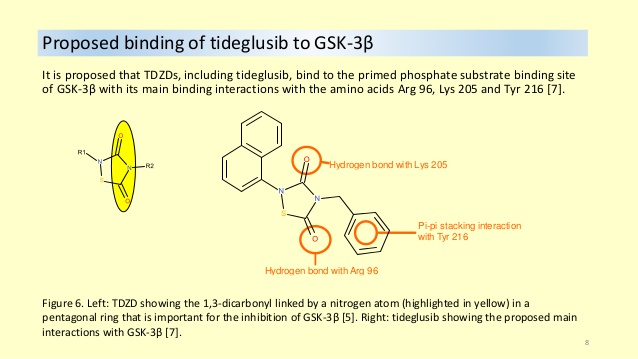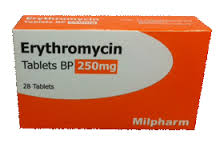A New test has been available in recent time to detect myotonic dystrophy. From Websites it looks as though this is labeled “For Research Only” A study attached shows that the test seems very accurate. And a figure on one of the web sites seems to indicate that it may be used for in vitro fertilization. there seems to be two type of kits one that gives an exact sizing when the repeats are less than 180 and another that detects over 180 repeats. When you click on the pictures of the test below it takes you to a related test which can give you an idea of what
Myotonic Dystrophy 1 FASTDM1
Sales start during ESHG-Barcelona 2016!
Myotone Dystrophy Type 1 (DM1, Steinert Disease) is the most common form of muscular dystrophies by adults. In non-molecular testing methods for DM1, there is a risk of confusion due to overlapping symptoms with other neuromuscular diseases. A clear diagnosis is only possible molecular-genetic. TNR Diagnostics develops assays to detect the size of CTG Repeat expansions on the DMPK gene. Early diagnoses and associated symptom management can bring significant relief to affected patients.
Molecular genetic testing of the DMPK gene is necessary in individuals with suspected muscle weakness. Early diagnosis of DM1 patients would allow early intervention with medications for symptoms such as heart problems, diabetes mellitus and cataract.
Brochure to download here.
Change of landscape for muscular dystrophy testing
The FastDM1™ are a complete series of robust molecular diagnostic kits that meet the comprehensive testing requirements. Please click on the product image for more information about the various test kits .
DMPK Identification Kit DMPK Sizing Kit
Possible use for FastDM1™
The CTG repeat rate in the DMPK gene is responsible for muscle weakness in the affected individuals and causes a number of symptoms, such as cardiological problems, cataracts and diabetes mellitus. FastDM1™ DMPK analysis kits enable high-throughput sample processing without compromising sensitivity.





